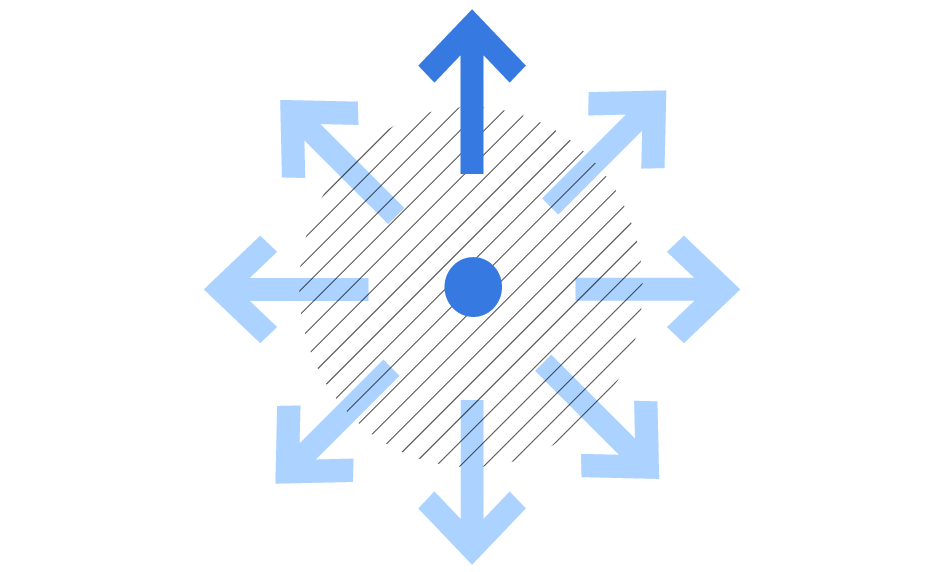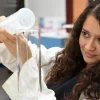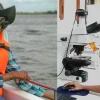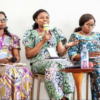Research4Life e-learning Program

Research4Life is a public-private partnership of the WHO, FAO, UNEP, WIPO, ILO, Cornell and Yale Universities, the International Association of Scientific, Technical & Medical Publishers and up to 180 international publishers. The goal of Research4Life is to reduce the knowledge gap between high-income countries and low- and middle-income countries by providing affordable access to scholarly, professional and research information.
Bridging the digital divide in research
Many researchers, physicians, students and policymakers in developing countries continue to struggle with up-to-date, peer reviewed scientific literature, essential for research, dissemination and practice. Over the past two decades, UN-publisher Research4Life (R4L) partnership has worked to bridge the digital divide, providing free or low-cost access to research for publicly funded institutions in the world’s least resourced countries. Over 10,000 institutions in 125 countries are now registered to access the more than 119,000 resources in R4L. Elsevier is one of the 6 original founding and driving partners, providing a quarter of that research.
Through Open Access and programs such as Research4life, training rather than access has become the dominant issue for the global South. Traditionally, much of R4L information literacy capacity building has happened in a face-to-face, train-the-trainer capacity through the UN partners and the Elsevier Foundation-funded MLA/Librarians without Borders program. In order to significantly scale up virtual training, a 2019 grant from the Elsevier Foundation was awarded to the FAO-led R4L Capacity Development Team to create a pilot MOOC. The MOOC aims to equip Research4Life users with the knowledge and skills needed to develop capacities in information use, scholarly communication and information management in least developed countries.
Beneficiary group: Librarians and researchers.
Demographic: Female: 39.42%, male: 60.44%, prefer not to say: 0.14%
Budget: $43,000
FAO contributed 10% of the resources in-kind to coordinate the MOOC team and support participants.
Location: Research4Life-eligible developing and emerging countries.
- Identify and evaluate information sources, develop search strategy, familiarize search techniques.
- Understand ethical considerations in academia, gain skills in citing and referencing.
- Obtain deep knowledge about the institutional framework of Research4Life programmes.
- Access and search Research4Life content effectively, including browsing collections, using discovery and bibliometric analytical tools.
- Align MOOC and Librarians without Borders curricula to create a pipeline of virtual to face-to-face training courses.
- 2,207 people enrolled in the course from 95 countries (61% participation; 48% completion)
- The MOOC consists of five modules including twenty-two lessons, focusing on developing capacities in information use, scholarly communication, and information management.
- The R4L Capacity Development team can now facilitate online courses building on lessons learned and feedback from the participants.
- A train-the-trainer program combining the MOOC with face-to-face workshops will be delivered in 2020 by FAO and ITOCA.
- FAO has prepared a range of scalable options for donors to support capacity development and training, through face-to-face workshops, blended learning and online training. The UN Technology Bank for the Least Developed Countries has agreed to fund delivery of two additional R4L MOOCs in 2020. FAO also plans to undertake further fundraising and publisher collaboration to add modules in 2021 focusing on authorship skills and research impact assessment.
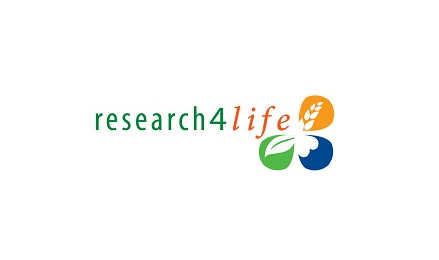
Read about the partnership:
Stay Connected
News
Frequently Asked Questions
